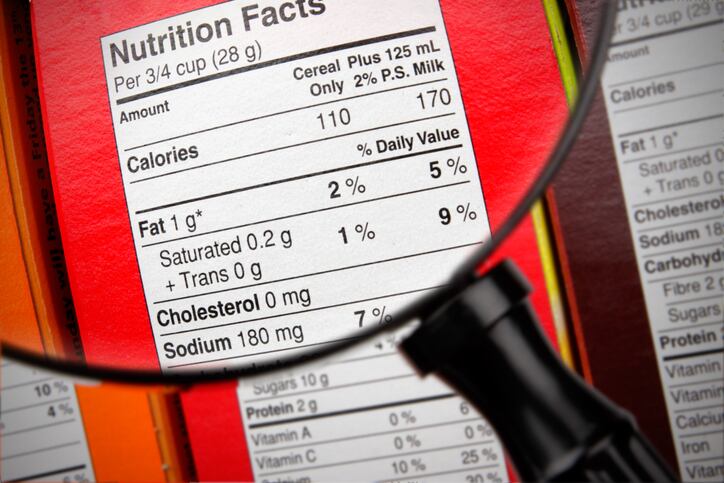The Food Safety and Standards Authority of India (FSSAI) announced this amendment to the Food Safety and Standards (Labelling and Display) Regulations of 2020, at the 44th meeting of Food Authority on 6 July 2024.
“[This amendment] aims to empower consumers to better understand the nutritional value of the product they are consuming and make healthier decisions. It would also contribute towards efforts to combat the rise of non-communicable diseases and promote public health and well-being,” said Shri Apurva Chandra, chairperson of FSSAI.
The information regarding per serve percentage contribution to recommended dietary allowances should be given in bold letters for total sugar, total saturated fat, and sodium content.
This is in accordance with current regulations that require the mention of serving size and nutritional information on food product labels.
Chandra, who is also Union Health Secretary at the Ministry of Health & Family Welfare, said that this “prioritisation of the development of clear and distinguish labelling requirements would help in the global effort to combat NCDs”.
This move is part of FSSAI’s efforts to prevent false and misleading claims by food business operators.
However, the authority did not specify any font size requirement. FoodNavigator-Asia has contacted FSSAI for more information on this.
Preventing misleading claims
In February, the Authority clarified its stance on the term ‘oral rehydration salts (ORS)’, which some fruit-based or non-carbonated beverage manufacturers misused on pack.
“The product ‘ORS’ is a Drug under Drugs and Cosmetics Rules 1945 which is used for the treatment of acute diarrhoea and has a specific composition prescribed by the Drugs Controller General of India,” said Inoshi Sharma, FSSAI executive director of Regulatory Compliance.
“However, the marketing and labelling of the fruit-based beverages etc. being manufactured by the food and beverages businesses under FSSAI Licenses and naming such products with the terms which contain ‘ORS’ is misleading for ordinary consumers.
“It is also harmful for the patients who may consume such products, especially in case of the children suffering from diseases like diarrhoea, gastroenteritis, which may have serious health repercussions.”
Businesses with valid trademarks for the product names similar to ‘ORS’ may apply for a review by the Office of the Controller General of Patents Designs and Trade Marks (CGPDTM). They may continue to manufacture such products under their respective trademarked names until they receive the decision from CGPDTM.
According to current regulations, applicants can use the term ‘ORS’ along with a prefix or suffix as a complete phrase.
However, the packaging must include a prominent declaration on the front stating, “The product is NOT an ORS formula as recommended by WHO” or a similar phrase without altering the intent, to prevent any confusion or misleading of consumers.
The font size for this disclaimer must be at least 1.5 mm for a principal display panel up to 100 sq cm, 2 mm for a panel between 100–200 sq cm, and 3 mm for a panel above 200 sq cm.
Businesses must also clearly state on the front of the package, in the font size specified by regulations: “This is only a brand name or trademark, or fancy name and does not represent its true nature.”
FSSAI has issued similar advisories to prevent misleading consumers, such as a directive to remove terms like “Health Drink” and “100% fruit juices” from labels and advertisements that do not meet specific standards.


